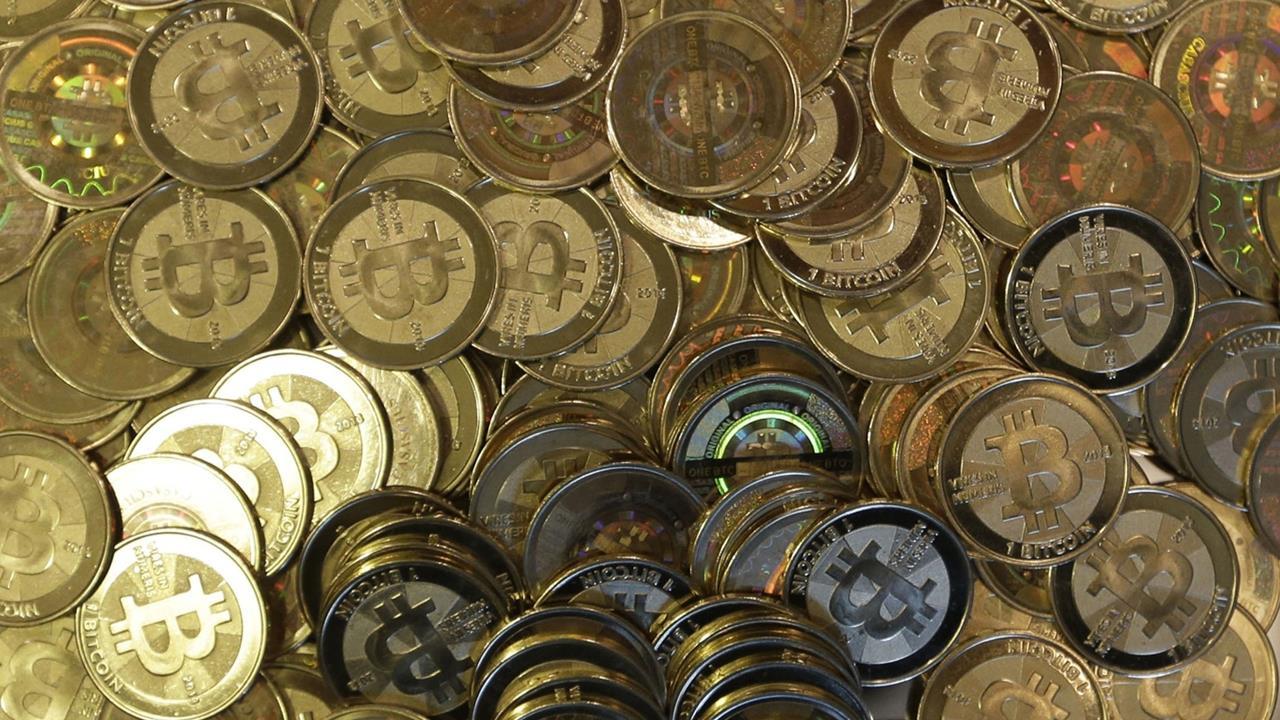Cryptocurrency regulation demand misplaced, experts say
U.S. lawmakers and governmental agencies are considering increasing regulation on bitcoin and other cryptocurrencies, but more red tape may not be appropriate, experts say.
“Exchanges are already regulated,” Jim Harper, executive vice president at the Competitive Enterprise Institute, told FOX Business. “Companies that do money transmission using bitcoin, those are already regulated under the same rules that exist [for traditional currencies]. If agencies are up on the Hill asking for more authority, they probably don’t need it … grand new regulatory schemes [are] also a mistake.”
While Harper said most currency regulations have successfully been integrated into the digital currency world, particularly where bitcoin is concerned, he added that initial coin offerings, or ICOs, are a relatively new area where there remains some work to be done.
Because digital currencies are international, added regulation within the U.S. would have little impact outside of potentially stifling U.S. innovation, according to Harper. Business leaders are already moving their companies to Switzerland, Hong Kong and China to avoid regulatory scrutiny. “The U.S. is missing out on a lot of financial innovation,” Harper said.
As President Donald Trump seeks to make America more competitive globally, experts warn discouraging U.S. businesses from using digital currencies could have the opposite effect.
“If the government were to come in and regulate, it would destroy a business model that allows that peer-to-peer … banking,” Brian Darling, president and founder of Liberty Government Affairs, told FOX Business’ Charles Payne on “Varney & Co.” on Monday. “It is the future of the way we’re going to do business in America, and the U.S. government could destroy it if they overregulate.”
A top concern mentioned by Federal Reserve officials and U.S. Treasury Secretary Steven Mnuchin is that digital currencies could be used for money laundering or to finance terrorist activities. Harper, however, noted that bitcoin activity is highly traceable through blockchain, a “public ledger” that is helpful for monitoring transactions.
“Blockchain is really going to wreck your day if you’re a terrorist,” he said.
Harper said the same type of public outcry arose in 2013 and 2014, when the price of bitcoin spiked to $1,000.
Bitcoin topped $11,000 on Monday, for the first time since January, as Venezuela announced it would begin pre-selling its new “petro” cryptocurrency on Tuesday.
Lawmakers on both sides of the aisle in Congress have called for more oversight, and potentially more regulation, in the digital currency market, according to Reuters.




















